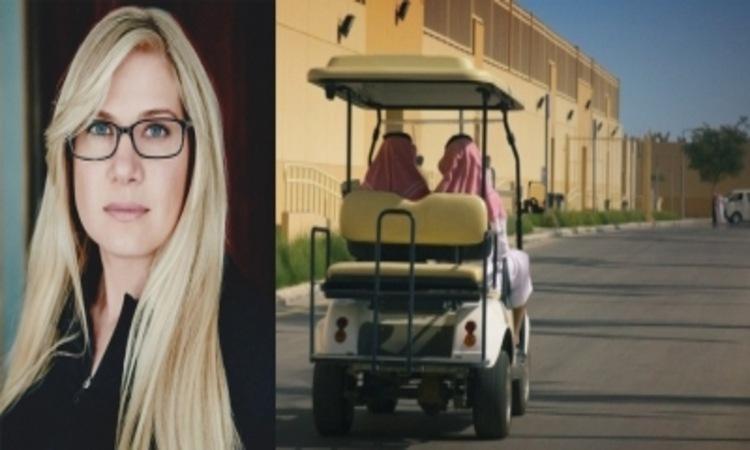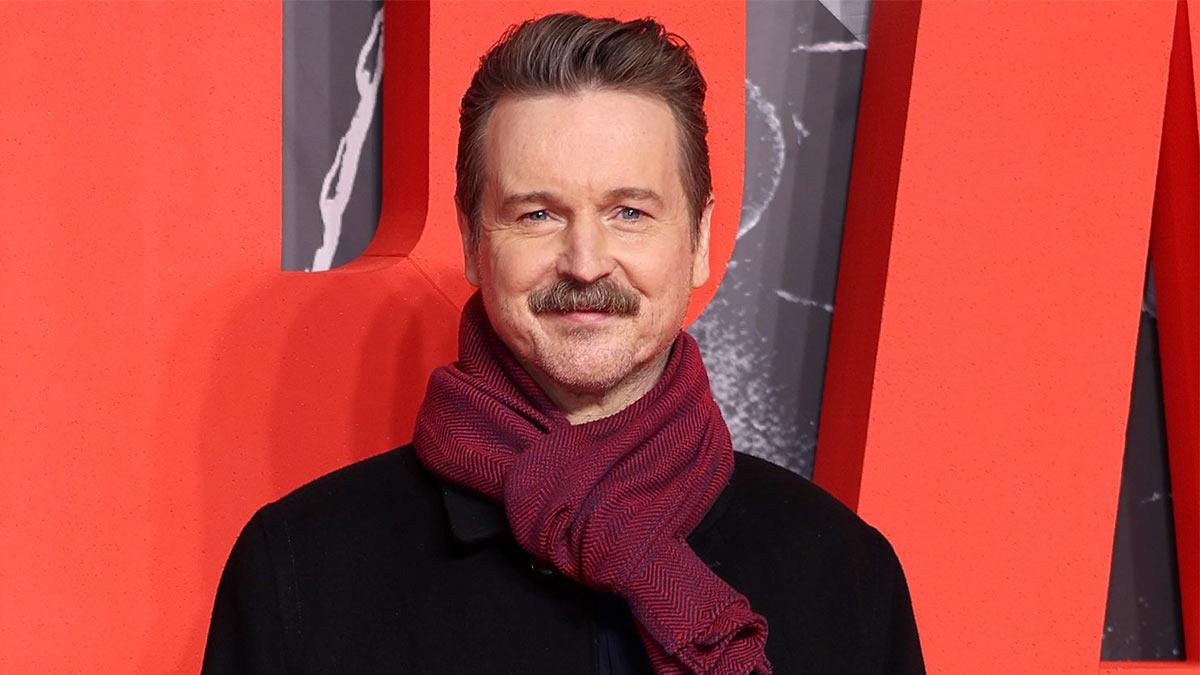American firefighter-turned-filmmaker Megan Smaker, whose recent documentary "Jihad Rehab" drew fierce criticism at its 2022 Sundance Film Festival screening, addressed the critics and presented her side along with executive producer Mohamed Aabas to 'Variety'.
The film documents the life of Yemeni men who faced unlawful detention for 15 years at Guantanamo Bay, before being relocated to the Mohammed Bin Nayef Centre for Counselling and Care -- a "rehabilitation centre" in Saudi Arabia.
The alleged extremists underwent a graduation programme there to be allowed to get back to regular life. "Jihad Rehab" follows Ali, Nadir and Mohammed's turbulent journey over three years as they try to come to grips with their trauma and navigate an uneasy future in Saudi Arabia.
Also Read | Imran Khan slammed for shortage of fever pill amid Covid wave
On being asked what does she make of critics panning the film with their opinion that it frames the subjects as terrorists, Megan told 'Variety': "The first time you see them, we give (a list) of what the US government has accused them of, in one shot. But for the next 90 minutes, we let them tell their side."
Mohamed Aabas, a Yemeni criminal justice reform advocate, added: "Part of my real concern right now is that Meg turned on the light to show what was going on, and now the talk is not about these men, or what's happening with the Yemeni detainees; it's about the terminology or who got access."
"We forget that there's a community here that has generally been -- excuse my language -- s*** on by our Gulf neighbours. I know a lot of these people have really good intentions, but I wish the focus would be on the Yemeni community. All of that is being brushed aside for controversy on terminology, or on who made this film, rather than the actual story," Aabas said.
Further explaining how her film is different other documentaries in the past on the subject, Megan told ‘Variety', "All the other documentaries that have been done on (this topic) with the exception of one have sensationalised it, and have been very fear-mongering and have reinforced stereotypes - and they have mostly been done by white directors."
Also Read | 'Bigg Boss 15': Deepika, 'Gehraiyaan' cast to promote film in finale
"So I understood the initial pushback when they saw it on the lineup at Sundance, and they said, 'Oh, not another one of these'. And so I wasn't angry. I was like, 'Yeah, I completely understand why they're probably feeling this way'. And that's one of the reasons we invited them to come talk to me and Mohammed, and see the film and say, 'If we are missing something, let us know, because we're still editing'," she added.


















